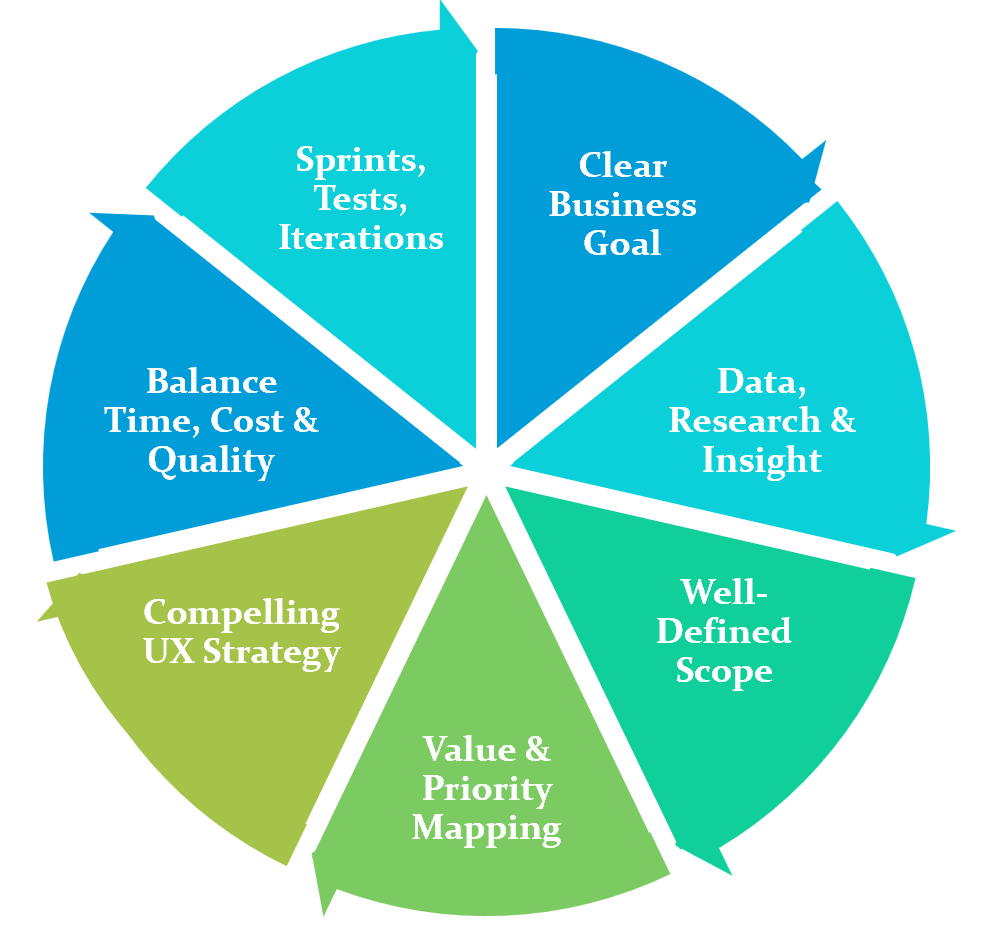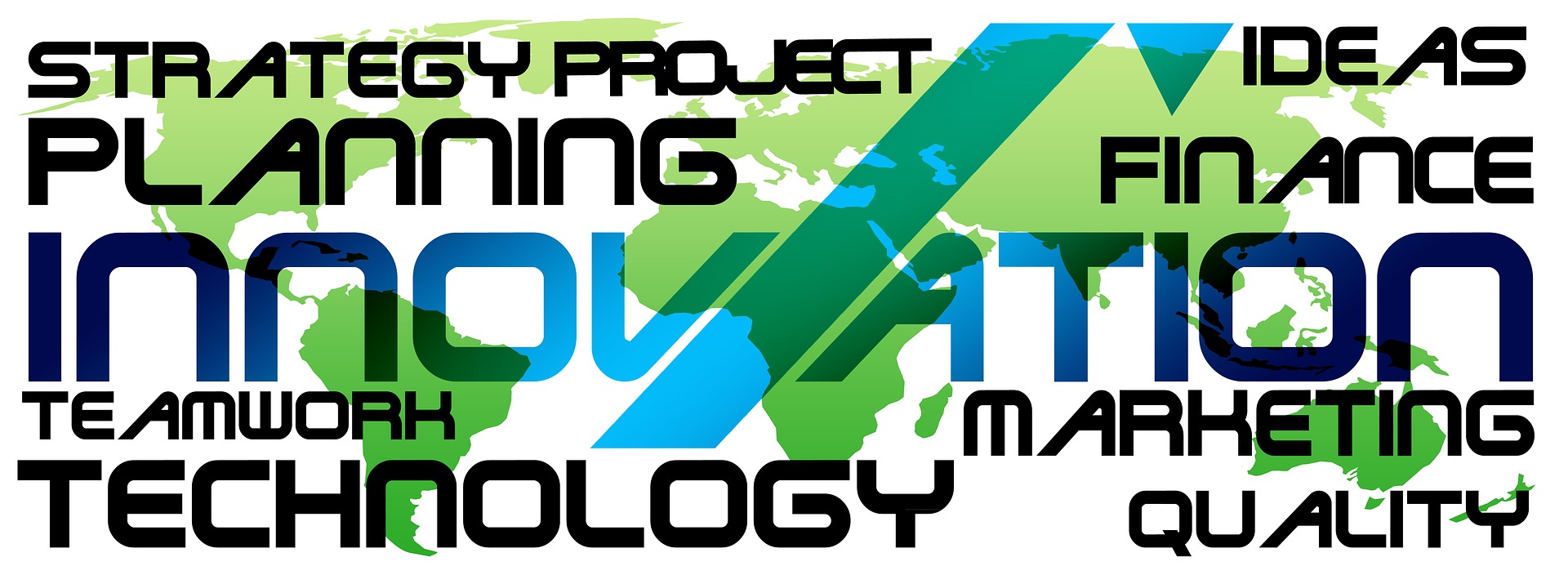B2C, B2B, D2C, Omnichannel, Social Commerce, Marketplaces – each has distinctive selling strategies and opportunities. Consider which one (or few) aligns with your business model and objectives.
B2C
Often, this is a business with several brands or categories with broad demographics for its prospective customers, aiming for sales volume even if profit margins are tight.
Ecommerce Strategy: A heavy emphasis on promotions, incentive selling, and strong market positioning. Creative campaigns that are compelling and impactful are essential to establish a unique selling proposition and a competitive advantage. The drive is to influence motivation and trigger actions. Discounts, on-site sale events, clearance, exclusive coupons, and flash price drops are used to impel transactions. Generating leads is orchestrated with contextual insight, optimized messaging, personalized experiences, and a cadence of interactions that acquire, enable, and engage.
B2B
A business selling products and/or services to other commercial businesses – either in a single sector or several different verticals.
Ecommerce Strategy: There is an emphasis on industry authority, building relationships, and tactical selling based on price points, bulk purchases, recurring orders, or a contractual buying schedule. Content marketing and a highly effective communication style are key to B2B digital sales because it’s here where information is king. The business is a partner to the customer with solution-based services and an optimal product mix. The company must be prominent in its online placement, reviews, directories, and citations. And build an empire of insights, because the customer is continually seeking knowledge and ideas to strengthen their operation and performance.
D2C
Businesses that are innovative, expedient, and principled in their selling of one or multiple product lines where need, interest, and enthusiasm are high motivators for an audience that has been segmented into specific buyer personas.
Ecommerce Strategy: Maintain a focus on agility, iterative experiments, and optimal user experiences throughout the buying journey. Whether solving a problem or sparking an interest, use of rich media and social channels are critical to achieving order placement, repeat business, loyalty, and development of ambassadors. As a business designs its strategy, the pillars must start with mobile and site performance – both of these tower above other reigning factors.
Continue reading “Strategy Insights for 7 Digital Business Models” →










